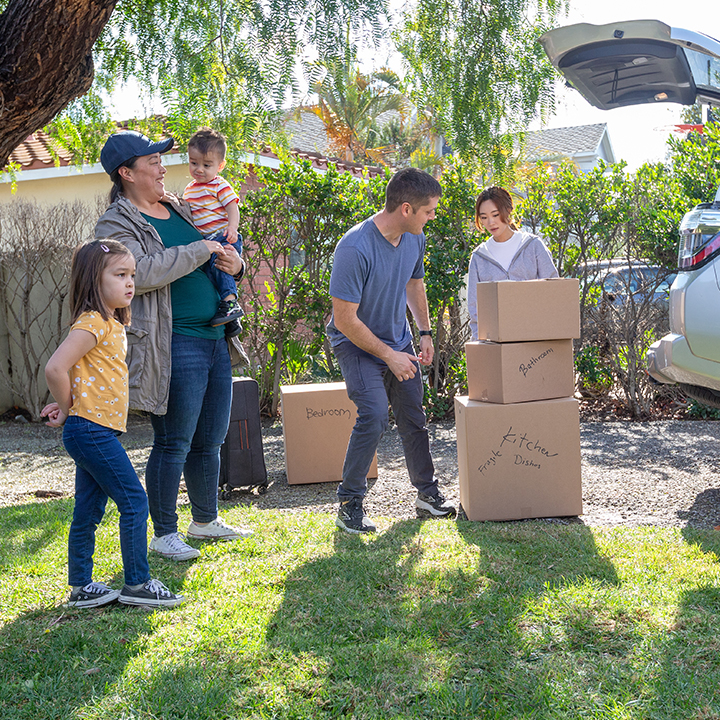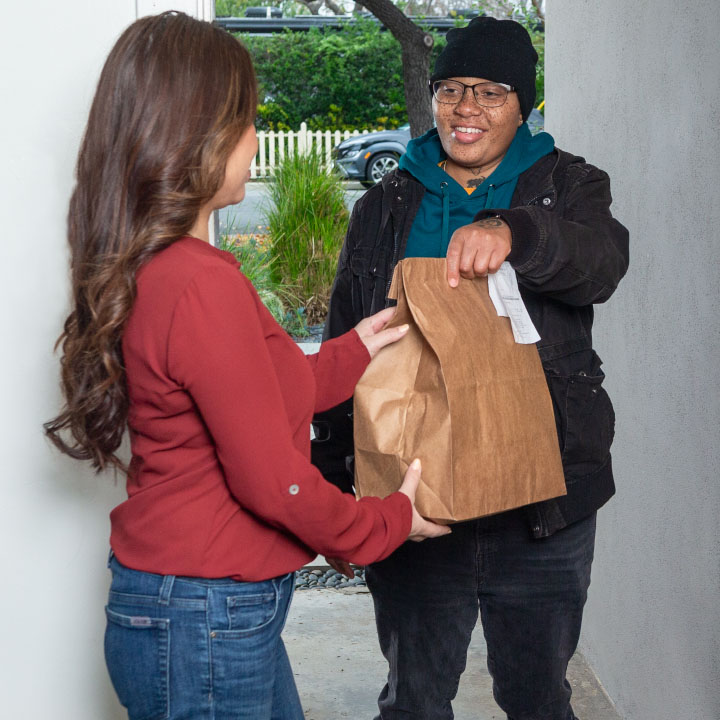- Insurance Guide
- Life Events
- Rent To Own Home Process
Rent-to-own homes: how the process works

What is a rent-to-own home?
These days, with the cost of housing soaring in many parts of the country, it seems harder than ever for the average person to purchase a home. Many Americans struggle to save enough for an emergency, let alone a down payment for a house. On the flip side, some property owners just can’t find a buyer for that place they’d like to part ways with. Enter the rent-to-own agreement.
In this scenario, a seller rents to a potential buyer at a higher-than-typical rate, with a portion of the rental payment each month going to the cost of eventually purchasing the home. In turn, the renter typically gets to lock in an exclusive deal on the home and receives a set number of years to pull together a down payment and mortgage approval to purchase the place outright.
How do rent-to-own homes work?
Rent-to-own homes are not heavily regulated by the U.S. government, so buyer beware. There can be huge differences between one agreement and another. However, most contracts come in two varieties:
Lease-option: This means the renter has the exclusive option to buy the home but can back out of the deal once the rental period is over.
Lease-purchase: This means the renter is obligated by law to purchase the home once the rental period ends.
Often, the renter enters this agreement by paying a one-time, non-refundable fee, around $5,000. This money may or may not be put toward the final cost of purchasing the home, depending on the deal. You and the seller may agree upon a price for the home or decide to base it on future local housing market rates. The renter then pays an extra premium on top of monthly rent, and the seller agrees to put all or part of this premium toward the purchase.
If everything works out, the seller is able to earn rental income before finally selling the property, while the renter is able to realize the dream of home ownership.
Rental Traps
Sellers of rent-to-own homes sometimes have trouble finding buyers for a reason, so it’s wise to investigate what you're considering. There may be a specific reason as to why it isn't selling, such as the property taxes haven't been paid in years or that the home is actually in foreclosure.
A major problem with any lease-purchase rent-to-own agreement is that you may not be able to get approved for a mortgage to close the sale, and then you could be in legal hot water. You could lose any rental premiums and upfront fees that you paid.
Even if you only have a lease-option deal, if you decide to walk away, you typically won’t be able to recoup the extra fees you paid. If you want to buy instead and already agreed to a certain price, you may find that home values have gone down and you’re overpaying. Many contracts favor the landlord and will be voided if you make one late rental payment.
Tips for renters
There may be a lot of risks involved with rent-to-own homes, but if you seek the help of a real estate agent, you may find safer deals. Always require a home inspection before you enter a rent-to-own agreement, and be sure to attend that inspection. Do research on your seller— check their credit report, and request a copy of the title to the home to see how long the seller has owned it.
It’s a good idea to have a real estate attorney review your contract. Especially if you get a lease-option agreement, the attorney may help you negotiate a contract that protects your interests.
There is one situation in which a rent-to-own home may be ideal, and that is when it is sponsored by a government program. Such programs offer rent-to-own arrangements to increase the stock of affordable housing. Government rent-to-own contracts generally favor renters.
Conclusion
As housing markets have become more challenging for buyers, rent-to-own homes have become more and more common. If obstacles prevent you from buying your own place, a good rent-to-own contract negotiated by a lawyer might help make your dream come true.



